OUR ENGAGEMENT
PHOSPHORIS Green Ideas
In order to transmit the principles of French bioclimatic engineering, PHOSPHORIS closely follows building regulations and became HQE (High Environmental Quality) and BBCA (Low-carbon building) referent in France and internationally. PHOSPHORIS offers a global solution, from the origin of the project to the operation of the building. His heart business: consulting and implementation of eco-responsible solutions to participate in sustainable development. Its objective is to improve the living environment of individuals in industries, local authorities, companies, etc. by actively participating in the evolution of regulations.
Context
The 2012 Thermal Regulations (i.e. French RT 2012), which was introduced in 2010, aims to limit the primary energy consumption of new buildings to a maximum of 50 kWhPE / (m².year) on average. Its purpose is to encourage the building and equipment sectors to technological and industrial development and to force designers to opt for bioclimatic architecture.
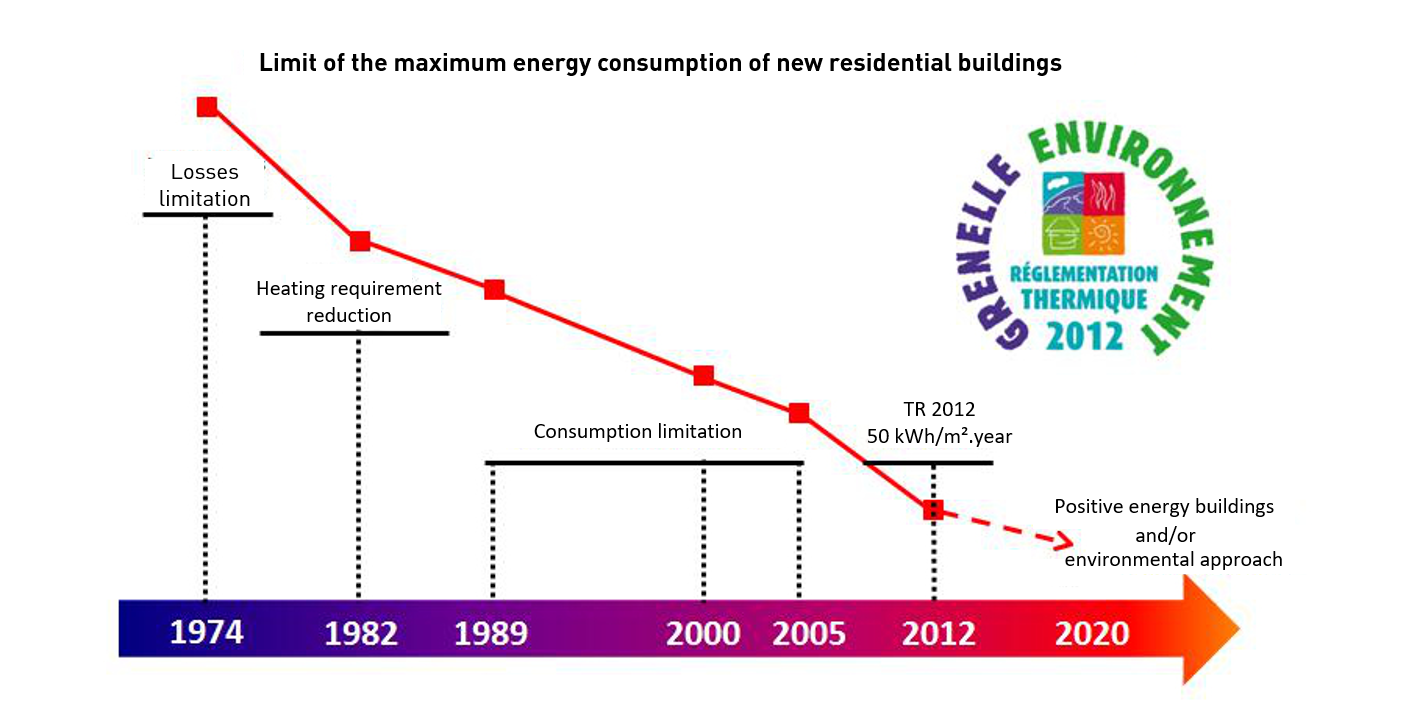
This regulation should give way in a few years to 2020 Energy Regulations (i.e. French RE 2020) which will set objectives around 3 themes : energy, carbon, and air quality, no longer only around energy performance. Its philosophy is defined in the “ELAN” law, which notably sets objectives for reducing energy consumption to be achieved in commercial buildings from 2030: 40% in 2030, 50% in 2040 and 60% in 2050 compared to 2010. The RE2020’s think tank is in the E+ C- label.
Labels and Certifications
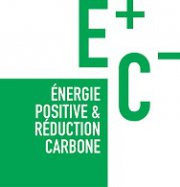
E+C- Label
The assessment of the building covers its energy balance for all uses (Positive Energy Building Report i.e. French BEPOS Bilan) and its greenhouse gas emissions over its entire life cycle. The E+ C- label allows buildings to be rated through 4 levels of energy performance for the positive energy building and 2 levels of relative environmental performance to GHG emissions. The BBCA and Effinergie 2017 labels are associated with obtaining this label beforehand: the rules applicable to the E + C- label are also applicable to the two other labels.
HQE Certification
HQE, High Environmental Quality, is a movement engaged in the sustainable building’s development, infrastructures and territories of people’s benefits, communities and companies. The HQE certification, issued by Certivéa, acts in the general interest to anticipate, innovate, improve knowledge and disseminate good practices. PHOSPHORIS counts among its staff an HQE referent.

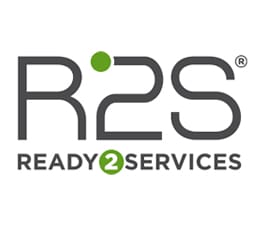
R2S Label (Ready2Services)
The Ready2Services label promotes an evolution in practices to make smart-building a service platform that can provide comfort, environmental performance and safety. The connected and communicating building is at the heart of the digital and sustainable city. PHOSPHORIS counts among its staff two R2S referents, who can support professionals in the process of obtaining the R2S label and prepare buildings to accommodate many services that will bring more comfort to users and give buildings the ability to interact with their environment.
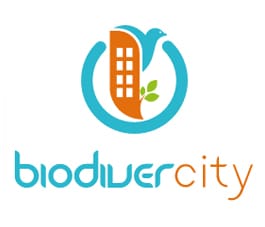
Biodivercity label
Biodivercity is the first international label taking biodiversity into account in construction and renovation real estate projects. It promotes and evaluates real estate operations promoting urban biodiversity in building blocks, for the well-being of residents.
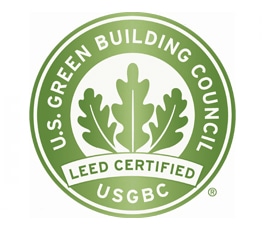
LEED certification
LEED certification assesses green buildings for all types of projects, built or under construction. It is a globally recognized symbol of sustainability success. A LEED building saves energy, water, generates less waste and supports human health.
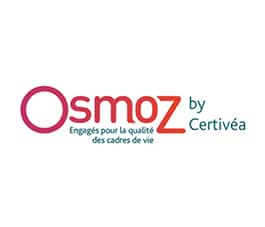
OsmoZ label
The OsmoZ label aims to improve the life quality of employees through actions on working environments. It is based on 6 societal challenges: environmental health, healthy living, work-life balance, communication and social link, functionalities, collaborative approach.
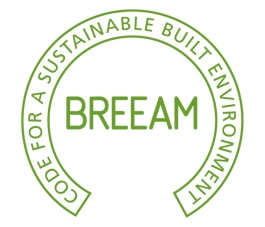
BREEAM evaluation
The BREEAM evaluation allows the environmental performance of a building to be calculated by means of a rapid analysis. It provides the guarantee of respecting as well as possible the environment from the plans design to the end of the building’s life.
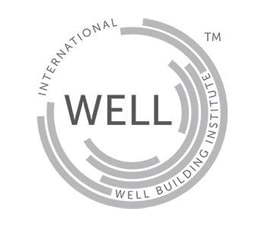
WELL certification
The WELL certification, focused on the health and well-being of occupants, brings together companies using best design and construction practices, and optimizing the level of air quality, nutrition and productivity.
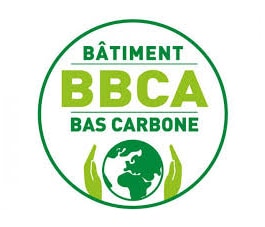
BBCA label
The BBCA label (Low-carbon building) attests to the exemplary carbon footprint of a building. It quantifies and enhances, through an independent certified measurement, the reduction of the building’s carbon footprint over its entire life cycle. Its objective is notably to raise awareness of the urgency of reducing the carbon footprint.



